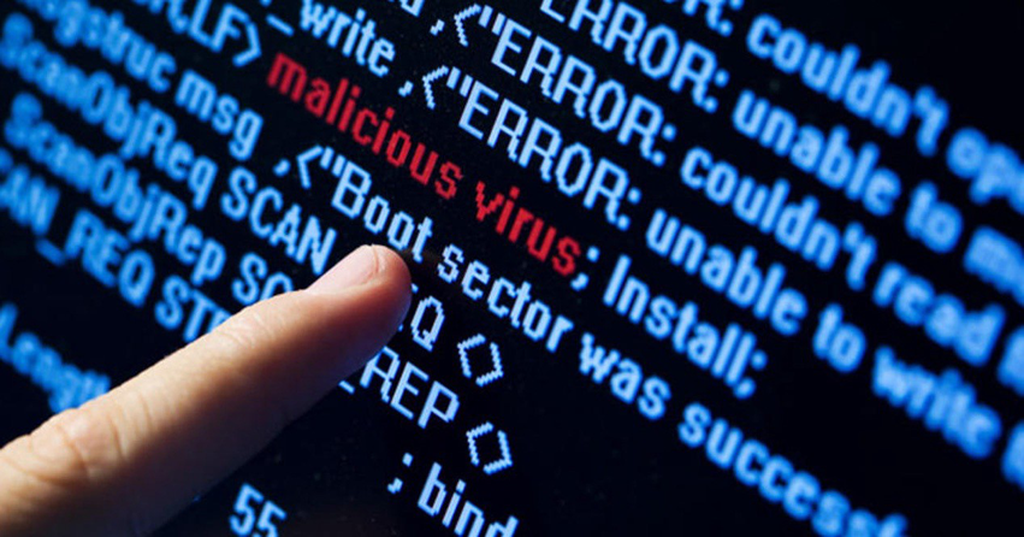Over a quarter of businesses that have been hit by a Distributed Denial of Service (DDoS) attacks do not think they were the intended target, showing that businesses cannot afford to be complacent when it comes to today’s threat landscape.

Over a quarter of businesses that have been hit by a Distributed Denial of Service (DDoS) attacks do not think they were the intended target, showing that businesses cannot afford to be complacent when it comes to today’s threat landscape.
According to research from Kaspersky Lab, 27 per cent of respondents said being an innocent bystander was the most likely reason for DDoS attacks on their organisation, suggesting that all businesses are in the firing line, even when they are not on the hit list.
The continued threat of DDoS attacks and the value that they bring to those that deploy them – from halting company operations to accessing confidential information or demanding a ransom – means that all businesses are potential targets.
Despite this, organisations are still showing signs of cyber-complacency, with 28 per cent not using specialised anti-DDoS protection because they believe they are unlikely to be targeted by DDoS attacks.
Given the number of attacks that companies have faced over the last 12 months, the researchers said there is no room for complacency when it comes to keeping operations running smoothly and protecting critical data. Organisations need to proactively defend themselves against them.
The company recently launched the new Kaspersky Endpoint Security for Business that integrates more next generation detection with dynamic machine learning, increased visibility and granular security controls including vulnerability management, credentials protection and integration with EDR (Endpoint Detection and Response).
Its security researchers have also placed KLara into the open source domain to more effectively accelerate the search for related malware samples. — VNS





